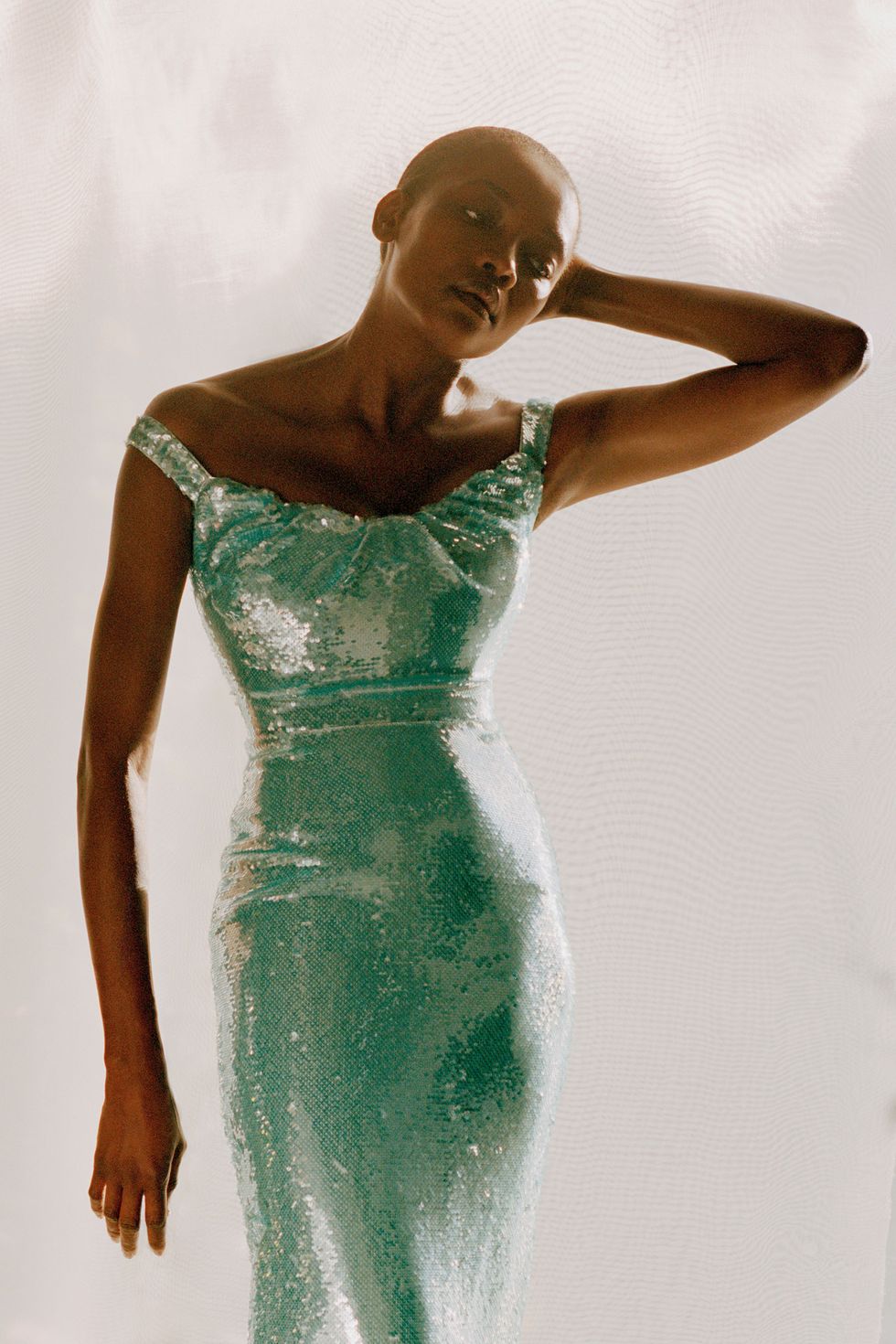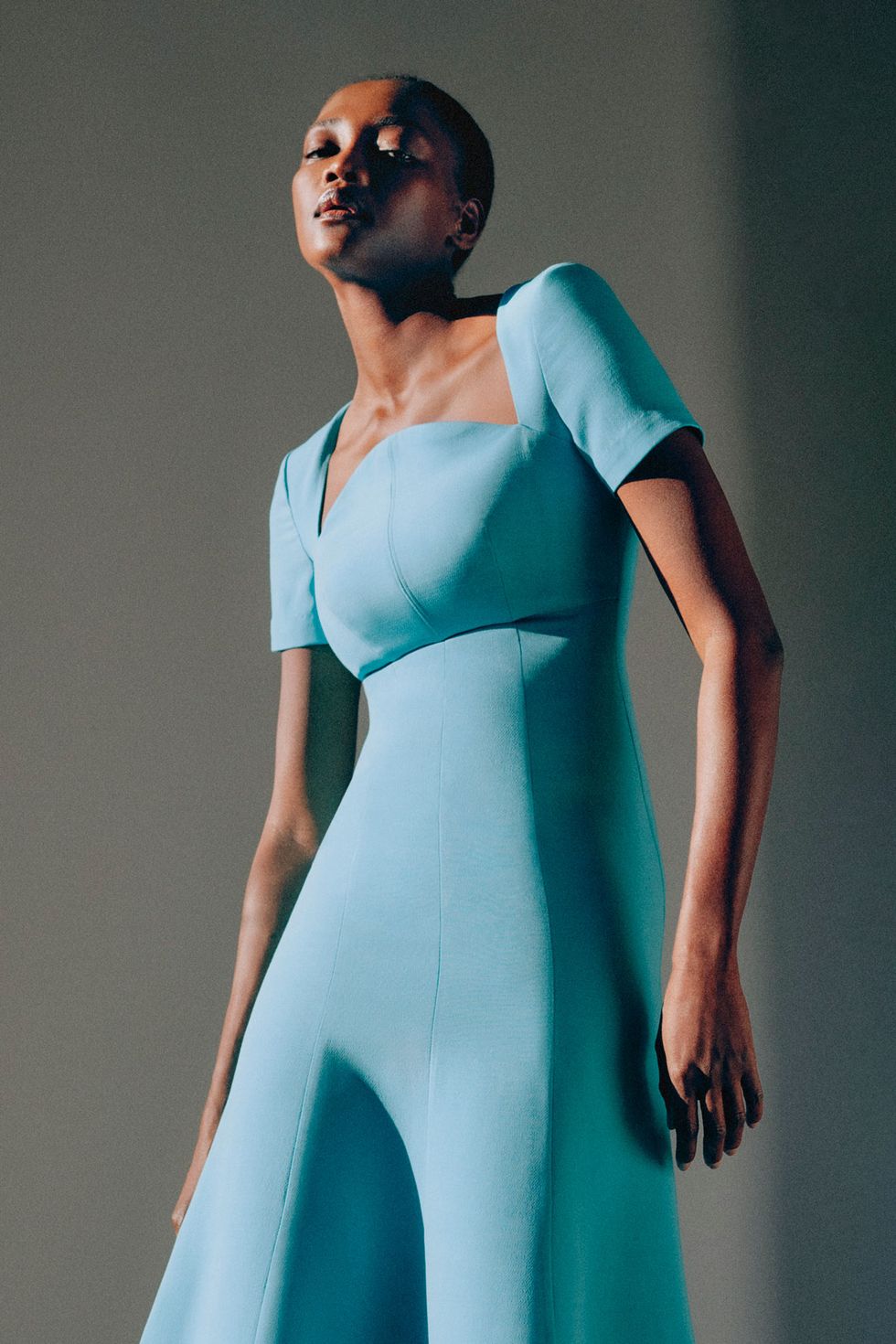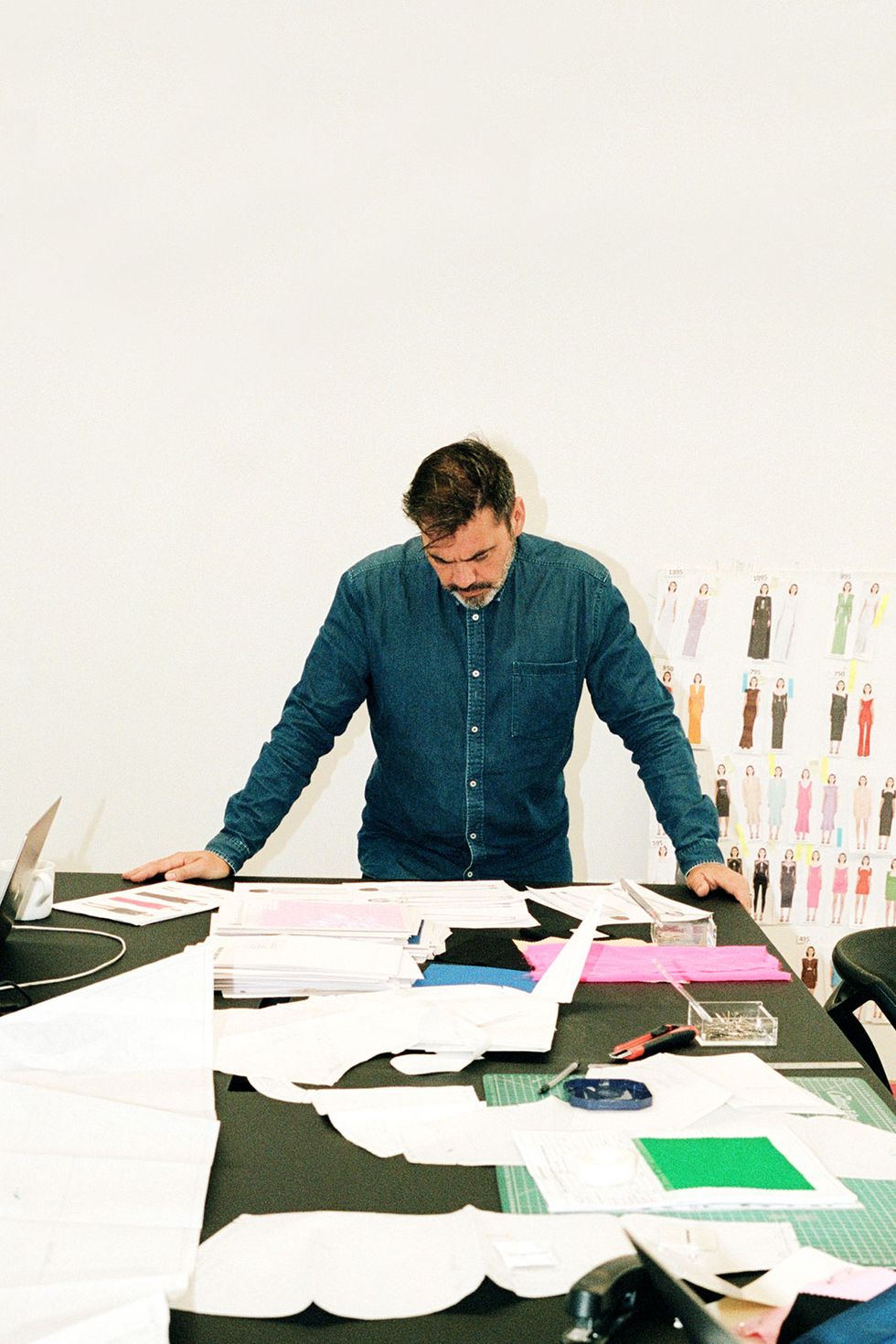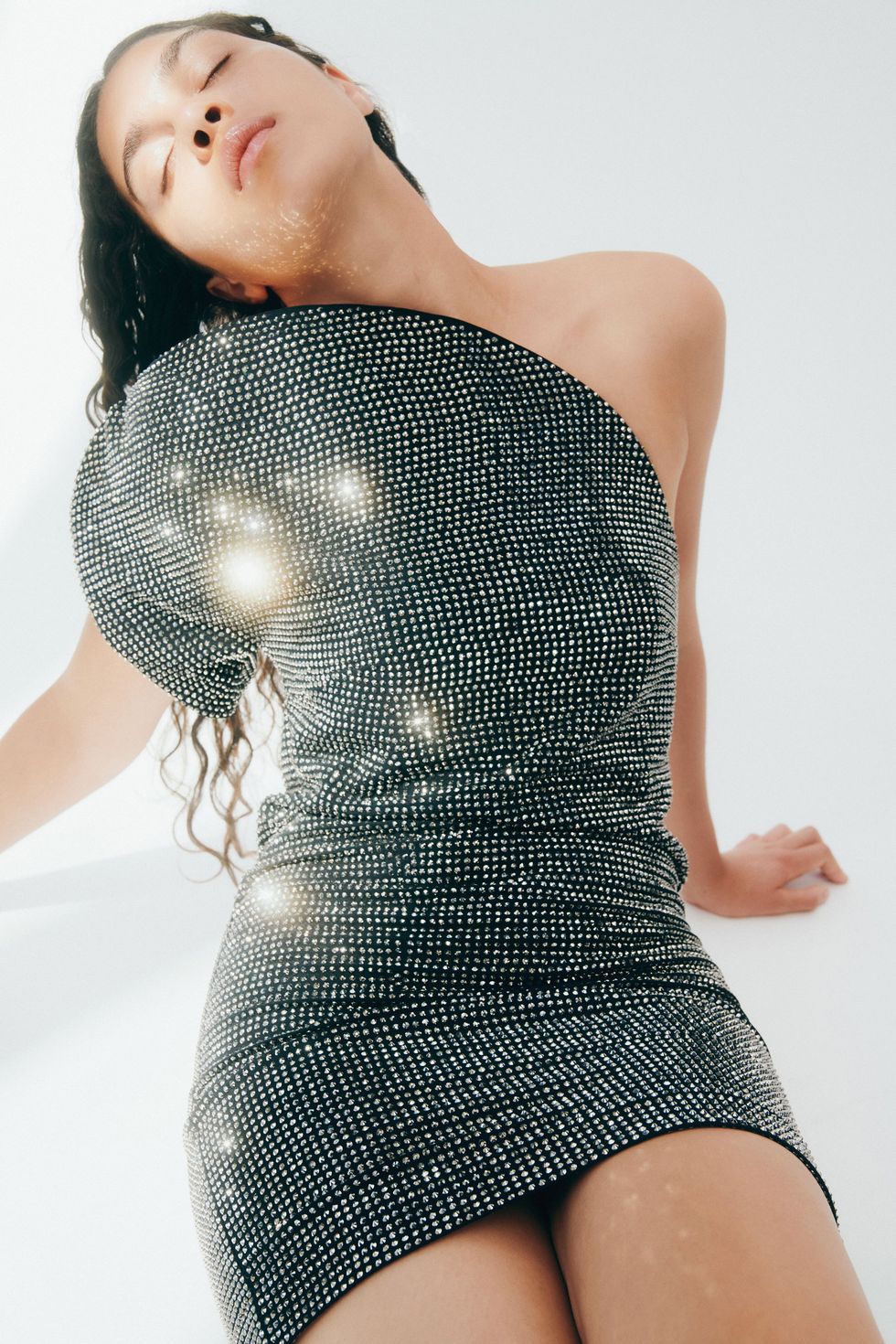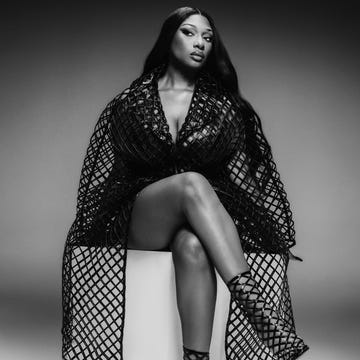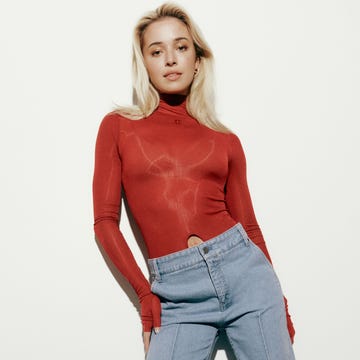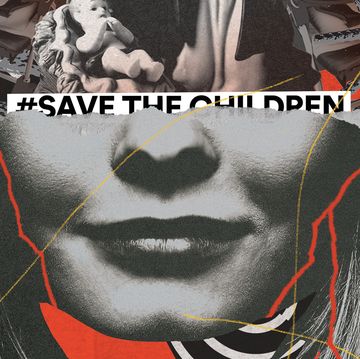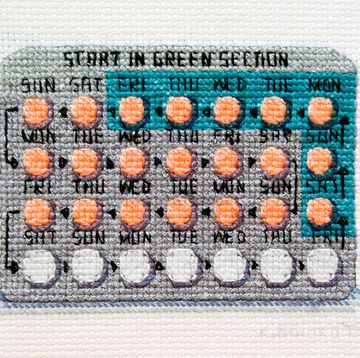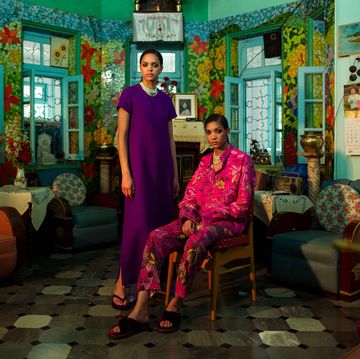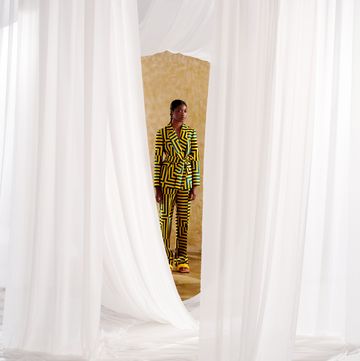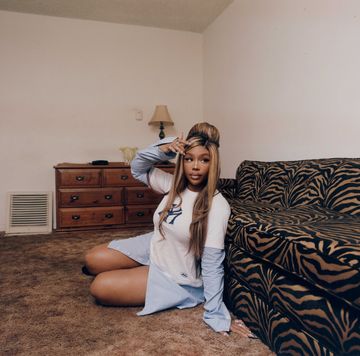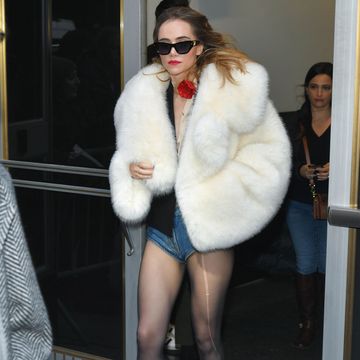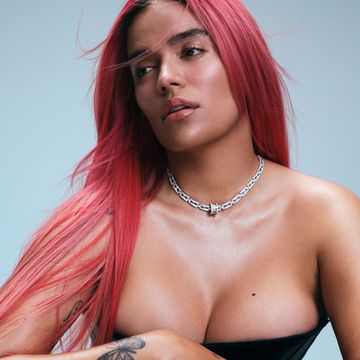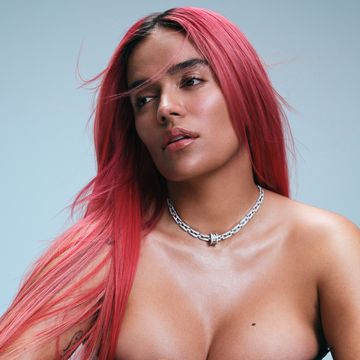In the darkest days of his career, Roland Mouret got a very welcome call. Han Chong, the owner of the brand Self-Portrait, was on the line. It was November 2021, and Mouret’s two-decade-old brand had just declared bankruptcy. Chong had an idea. But first, an important question.
“The first thing he asked was, how was my mental health? He imagined I was going through a massive situation,” Mouret recalls. “The second was, ‘Would you be interested in sitting down and talking about the future with us?’” Mouret knew that the opportunity was a good one—with Self-Portrait, Chong had created a wildly popular brand, and what he was proposing would allow Mouret to remain as the creative director of his own label. The decision to pair with Chong under the SP Collection group came down to an emotional instinct that Mouret compares to choosing a life partner. “Having him ask about my mental health was something that really touched me,” he says.
Born in Lourdes, France, Mouret worked as a model (for big names like Jean Paul Gaultier and Yohji Yamamoto) and a bar co-owner before launching his London-based line. It became a staple on red carpets. Perhaps nothing is more associated with his name than the wildly popular Galaxy dress, a form-fitting midi number with a cinched waist and folded cap sleeves, introduced in 2005. Worn by countless celebrities, it achieved cult status. Though the Galaxy had a relatively classic retro silhouette, its ability to shape the body and highlight curves was considered revolutionary. Mouret sees the dress as being an intrinsic part of the social politics of the aughts. “It was really established to reevaluate a woman’s body shape and strength,” he says. “In society, it’s for a woman, not a man, to define who she wants to be and to be taken seriously. [The Galaxy dress] was eyes to eyes, never eyes to body. That’s my attitude when I dress a woman, to have an eyes-to-eyes relationship with her.”
Together, Mouret and Chong have gone through the process of rebuilding. Though they now share offices, the brands themselves will maintain their distinct identities. “Han loves the prettiness of a woman; he loves that elegance. I’m more French, more sexual. I’m some-one who considers that beauty of the rawness of who we are,” Mouret says. The two labels represent different facets of a woman’s life. “You can have a Self-Portrait outfit to go to a tea party. Then, in the evening, you can jump into a Roland Mouret to go to a dinner with your partner if you want to be a bit more intimate.” Chong saw acquiring Roland Mouret as a way to use what he’s learned leading Self-Portrait to expand his role in fashion. “Acquiring the brand as the first house for the group felt very instinctive—it’s a fashion house I have long respected, and one that represents the ultimate in craft and brilliant design,” he says. “Roland Mouret has a very powerful heritage and huge respect from the industry and customers, so I was confident that by evolving the business model, and focusing on the infrastructure and resources we already had in place, we could make a difference to the brand in this new phase.”
The revamped Roland Mouret, which debuted with a resort 2023 collection, is approachably priced. “We decided to have a product that is at the top end of contemporary, and to have a different approach to draping,” Mouret says. Some of the brand’s ladylike formality has been replaced with a sexier ease, but the tailoring and bold color palette are distinctly Mouret. While the designer intends to “explore heritage styles,” he says his focus is more on modern dressing.
Mouret attributes the past struggles of his company to various factors, among them the general instability of the lockdown period and the increasing prevalence of athleisure. “The truth in fashion is that you never know what’s going to happen next. I never expected COVID, to be in that situation, to have the business [go into bankruptcy]. It was something that took us by surprise,” he says. E-commerce pushed fashion in an even more casual direction. But after years of pandemic-induced de rigueur leisure-wear, Mouret is betting on a new appetite for sexy, dressed-up glamour.
Under Chong’s ownership, Mouret has a different relationship to the company, which is something he’s had to mentally adjust to. He is reminded that “I have to separate myself as the person and the brand. We carry the same name, but something that you learn with time is that when you start putting your name inside the clothes, it’s not your name anymore. It’s the brand’s, and you have to understand how to live together.”
Mouret, who sees himself as a chameleon, is willing to adapt to the realities of his new venture, but the changes must allow for a product that he sees himself in. “My job is to make it a Roland Mouret and not a copy of a Roland Mouret,” he says, noting how rare it is for a purchased company to retain its designer. “Han knew that I’m an enormous asset because of his trust in my work.”
The value of this unexpected second life is not lost on Mouret. He saw hints of the path forward when people began venturing out after London reopened. “Slowly, you started to see yellow bags from Selfridges. Mayfair was sustained by people who wanted to have a life again and wanted to go shopping,” he says. “I arrived at a conclusion of where the brand should go. The chapter before had to be closed, and this is a new chapter, starting with Han.”
A version of this story appears in the May 2023 issue of ELLE.

Adrienne Gaffney is the features editor at ELLE and previously worked at WSJ Magazine and Vanity Fair.
